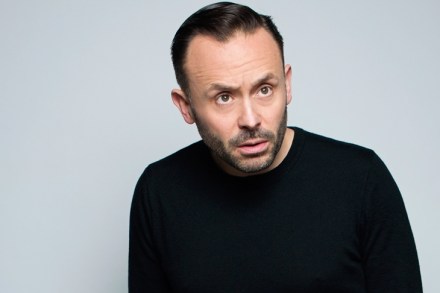State of independence
When the BBC’s Arabic-language network went out on air for the first time 80 years ago, on 3 January 1938, its mission was to provide ‘reliable news’ to a region that was being fed German and Italian ‘propaganda’ via short-wave transmissions from those countries. News is still its main focus, says Bassam Andari, news-gathering editor for the Arabic service, who has been with the corporation since 1994, arriving in London from Lebanon. He grew up listening to the station during the civil war in that country in the 1970s. ‘My mother would switch the radio on to the BBC every morning to find out what was happening in the world,




















